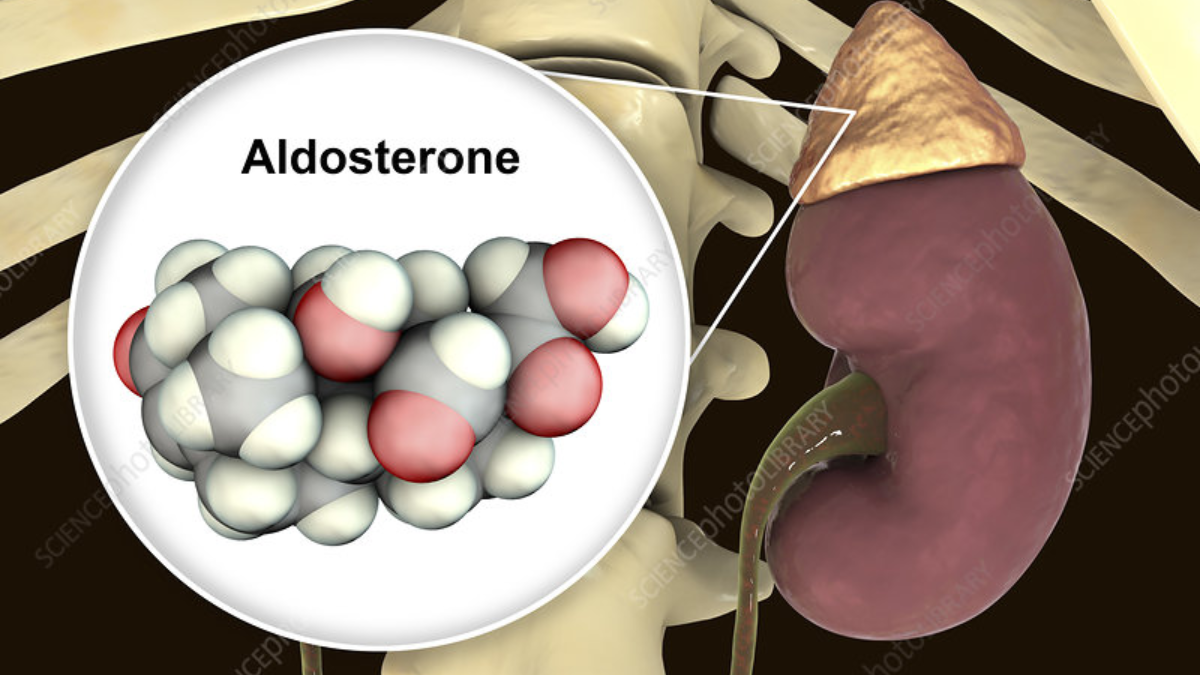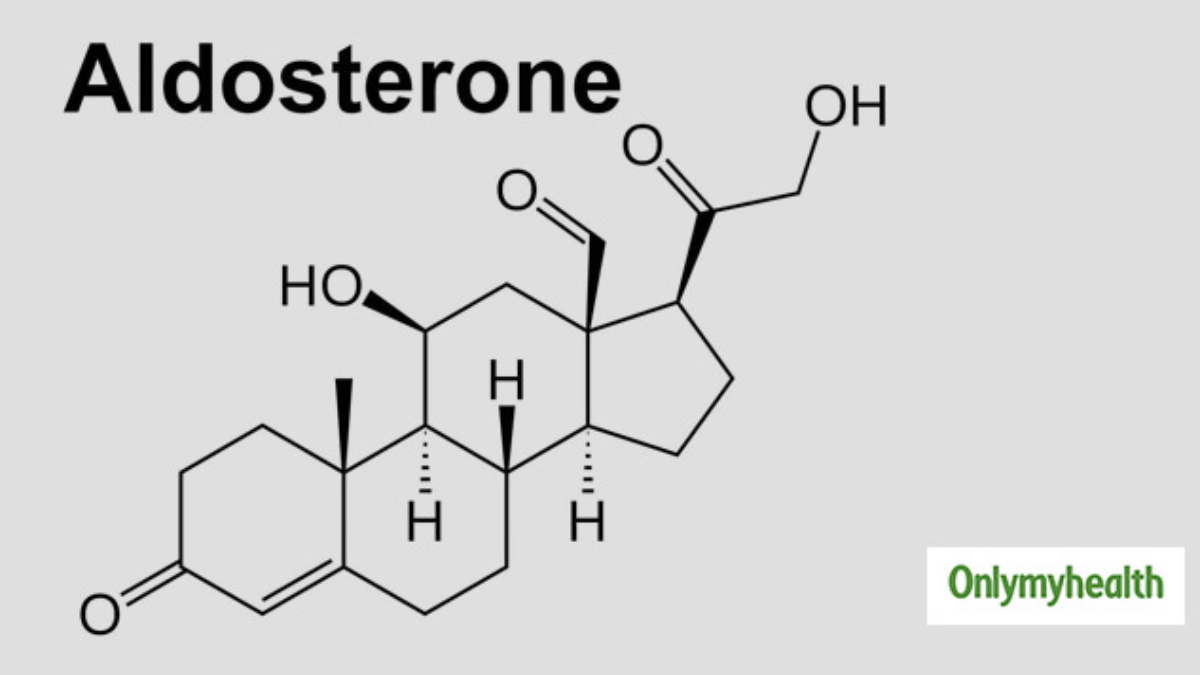
That irresistible craving for a handful of salty chips or crunchy namkeen after a long day isn’t uncommon. For many, these snacks provide a comforting burst of flavour and an instant energy lift. But if your desire for salt is turning into a daily—or even hourly—habit, it might be time to stop and listen to what your body is trying to say. According to renowned nutritionist Nmami Agarwal, persistent salt cravings could signal more than a snack addiction—they could hint at a deeper hormonal imbalance, particularly related to aldosterone.
Table of Content:-
When Salt Cravings Go Beyond Taste
Stress and fatigue are common triggers that make us reach for salty snacks. They seem to offer quick relief, both emotionally and physically. However, when these cravings become a regular pattern, especially without hunger, your body could be crying out for balance. Agarwal explains that low levels of a hormone called aldosterone might be behind your constant urge to eat salty food. In her words, “Your cravings are your body’s way of whispering what it needs. Start listening.”
View this post on Instagram
Understanding Aldosterone: The Salt-Regulating Hormone
Aldosterone is produced by the adrenal glands and plays a pivotal role in maintaining the body’s electrolyte balance. It tells the kidneys to conserve sodium and water while flushing out potassium. When aldosterone levels are low, the body starts losing sodium more rapidly, leading to imbalances in fluid levels and a drop in blood pressure. As a result, the brain may prompt stronger salt cravings to try and restore equilibrium.
Also Read: Equine Virus Outbreak Hits Kedarnath: Over 1,000 Animals Quarantined As Emergency Vet Teams Deployed
This hormone doesn’t just manage salt—it also indirectly influences hydration, energy levels, and cardiovascular function. If left unchecked, low aldosterone can lead to serious health issues over time.

Warning Signs You Shouldn’t Ignore
If you’re regularly reaching for salted snacks and also experiencing symptoms like:
- Dizziness or lightheadedness, especially when getting up quickly
- Frequent fatigue that doesn’t improve with rest
- Low blood pressure readings
- Persistent cravings for salt
…it might be time to consider whether a hormonal issue is at play. These symptoms are subtle at first but can become more disruptive if ignored.

Why Chips Aren’t the Solution
It’s tempting to grab a pack of chips when the salt craving hits, but most processed salty snacks are packed with trans fats, preservatives, and refined carbs. While they may momentarily satisfy your taste buds, they don’t offer the mineral balance your body is actually seeking. Worse, overconsumption of such foods can raise your risk of obesity, hypertension, and heart disease.
Also Read: Lipoprotein(a) Linked to Heart Disease and Stroke Across Asia and Europe, Study Finds
Instead of masking the problem, it’s essential to explore the underlying reason for your cravings. If aldosterone imbalance is suspected, a healthcare provider can recommend tests and suggest lifestyle or medical interventions that truly support your body’s needs.

Bottomline
Cravings are more than fleeting desires. They can serve as signals pointing toward nutrient deficiencies or hormonal imbalances. While it’s easy to brush off the habit of reaching for chips as stress-induced or a guilty pleasure, persistent salt cravings should prompt deeper reflection.
If you’re feeling unusually tired, dizzy, or just can’t stop thinking about salt, it may be worth discussing these symptoms with a doctor. Hormonal imbalances, like low aldosterone, are manageable—but only if detected early. So the next time that salty urge kicks in, don’t just silence it with a snack. Tune in. Your health may depend on it.
Also watch this video
How we keep this article up to date:
We work with experts and keep a close eye on the latest in health and wellness. Whenever there is a new research or helpful information, we update our articles with accurate and useful advice.
Current Version
